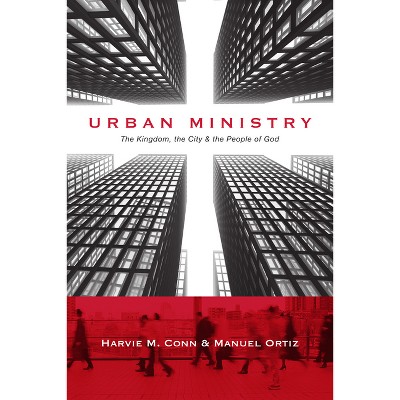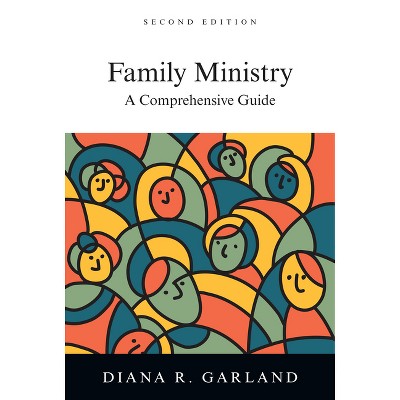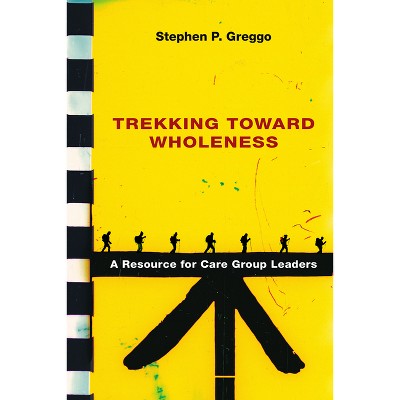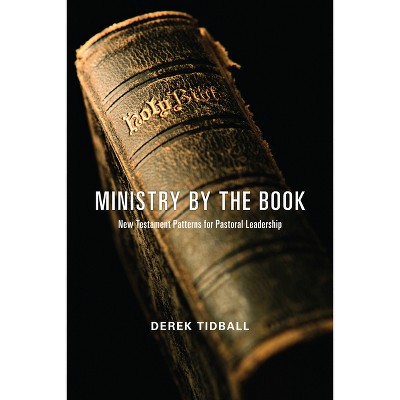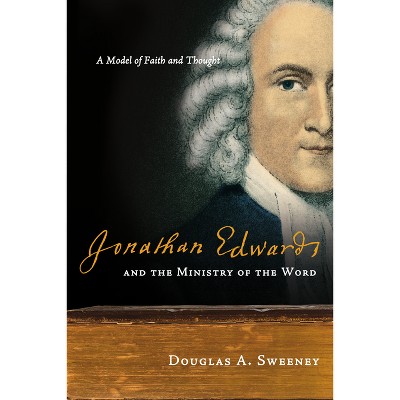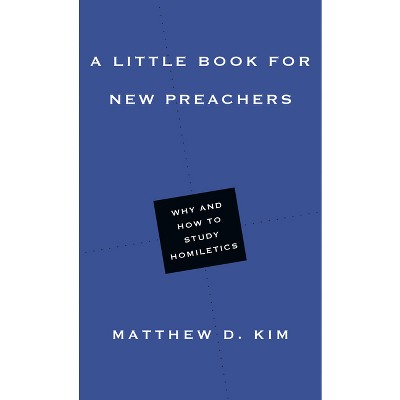About this item
Highlights
- Youth ministries in an urban context are too often left to their own devices.The resources available to them are overwhelmingly conceived, tested andproduced exclusively in the suburbs, and bring little to bear on the realities ofurban youth culture.
- About the Author: Fernando Arzola Jr. is deputy chair for the Department of Youth Ministry and Christian Education at Nyack College in New York City.
- 186 Pages
- Religion + Beliefs, Christian Ministry
Description
About the Book
Fernando Arzola Jr. addresses the gap in the literature of youth ministry resources conceived and realized in an urban setting. He brings together three dominant paradigms--traditional, liberal and activist--to create an approach that is informed by Scripture and the contemporary realities of adolescent development in an urban setting.
Book Synopsis
Youth ministries in an urban context are too often left to their own devices.The resources available to them are overwhelmingly conceived, tested andproduced exclusively in the suburbs, and bring little to bear on the realities ofurban youth culture. As a consequence, youth ministries in large cities havetended to settle onto one of three paths--a traditional paradigm thatjealously guards the spiritual formation of its young people, a liberalparadigm that concentrates exclusively on personal growth, and an activistparadigm that galvanizes youth around the social concerns surroundingthem. While each of these emphases is important, too often they arepursued to the neglect of the others, and the urban church suffers.Fernando Arzola Jr. proposes a fourth way, a prophetic paradigm thatintegrates the three and cultivates young people who are spiritually rooted, emotionally mature and responsive to the needs of their community. In thispace-setting book he draws on various disciplines--from biology tosociology, from psychology to theology--to guide urban youth workers intoan effective and transformational ministry to youth.
Review Quotes
. . .a must-read for anyone working in urban youth ministry or anyone from a suburban setting attempting to understand the mindset of urban youth ministry. . .high time that someone wrote a book that specifically addresses youth ministry in the urban context. The book is a very straightforward manual that is surprisingly user-friendly.
--C. E. Moore, The Christian Manifesto, April 1, 2008Arzola, who heads up the Urban Family Empowerment Center in the Bronx, writes passionately and succinctly about developing a prophetic style of urban youth ministry. I would suggest, however, that much of what he has to say can be applied to any ministry, youth or otherwise, within the urban context or not.
--Frank A. Mills, Urban Paradoxes, May 14, 2008As a parish priest, my last confirmation class was a class of 16 suburban youth. I was the more prepared and the more tooled to meet their needs because of reading Dr. Arzola's work than I would have been otherwise. I commend this book to priests and youth workers without reservation. Dr. Arzola speaks from where we all wish to go with our youth and the church.
--Rev. Jeffrey A. Mackey, O.P., The Living Church, October 5, 2008In this pacesetting book he draws on various disciplines--from biology to sociology, from psychology to theology--to guide urban youth workers into an effective and transformational ministry to youth.
--Leadership, Fall 2008This release comes from the pen of a native of the city: an urban Latino who knows the needs and demands of urban youth and meets these with appropriate theology, thought, and action. I commend this book to priests and youth workers without reservation. Dr. Arzola speaks from where we all wish to go with our youth and the church.
--Jeffrey A. Mackey, O.P., The Living Church, October 5, 2008About the Author
Fernando Arzola Jr. is deputy chair for the Department of Youth Ministry and Christian Education at Nyack College in New York City. He also serves on the board of the Association of Youth Ministry Educators (AYME), and is founder and executive director of the Urban Family Empowerment Center in the Bronx.







